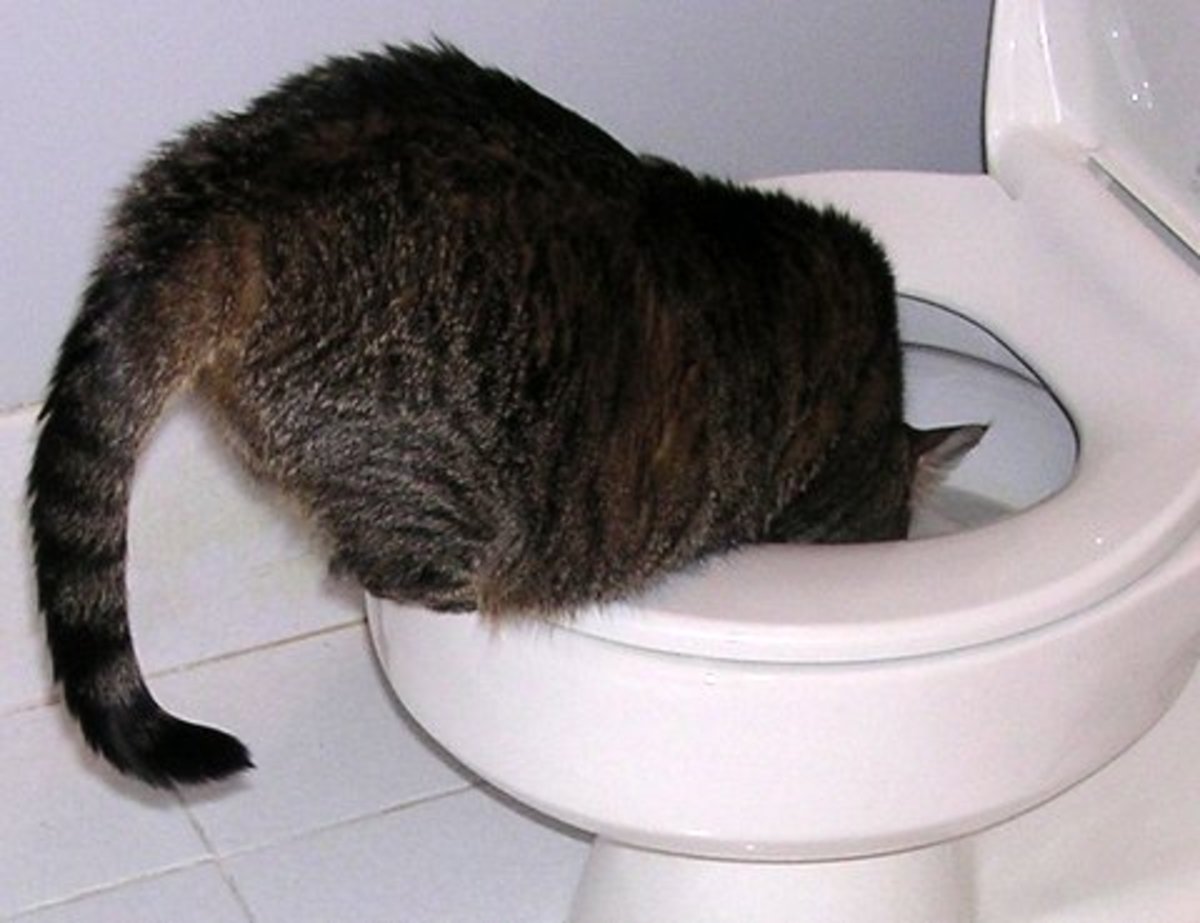Prevent Clogs and Damage: Never Flush Cat Poop Down Your Toilet - Professional Recommendations
Prevent Clogs and Damage: Never Flush Cat Poop Down Your Toilet - Professional Recommendations
Blog Article
What are your ideas concerning How to Dispose of Cat Poop and Litter Without Plastic Bags?

Introduction
As feline owners, it's vital to bear in mind just how we deal with our feline close friends' waste. While it may appear hassle-free to flush pet cat poop down the toilet, this practice can have damaging effects for both the setting and human health and wellness.
Environmental Impact
Flushing feline poop introduces harmful microorganisms and bloodsuckers right into the water supply, presenting a substantial risk to water ecological communities. These pollutants can negatively affect marine life and concession water top quality.
Wellness Risks
Along with ecological problems, flushing feline waste can additionally pose health and wellness risks to people. Cat feces might include Toxoplasma gondii, a parasite that can trigger toxoplasmosis-- a possibly serious ailment, particularly for expectant women and individuals with weakened immune systems.
Alternatives to Flushing
The good news is, there are safer and a lot more accountable means to get rid of feline poop. Take into consideration the adhering to choices:
1. Scoop and Dispose in Trash
One of the most usual method of taking care of cat poop is to scoop it into an eco-friendly bag and toss it in the garbage. Be sure to make use of a dedicated litter scoop and dispose of the waste without delay.
2. Use Biodegradable Litter
Go with eco-friendly cat clutter made from materials such as corn or wheat. These clutters are eco-friendly and can be safely disposed of in the trash.
3. Bury in the Yard
If you have a yard, consider burying pet cat waste in an assigned location far from veggie gardens and water sources. Make certain to dig deep adequate to prevent contamination of groundwater.
4. Set Up a Pet Waste Disposal System
Purchase a pet waste disposal system especially developed for pet cat waste. These systems use enzymes to break down the waste, decreasing odor and ecological impact.
Verdict
Liable pet ownership extends beyond offering food and sanctuary-- it additionally entails correct waste administration. By avoiding flushing cat poop down the commode and going with alternate disposal methods, we can decrease our environmental footprint and protect human health.
Why You Should Never Flush Cat Poop Down the Toilet
A rose by any other name might smell as sweet, but not all poop is created equal. Toilets, and our sewage systems, are designed for human excrement, not animal waste. It might seem like it couldn’t hurt to toss cat feces into the loo, but it’s not a good idea to flush cat poop in the toilet.
First and foremost, assuming your cat uses a litter box, any waste is going to have litter on it. And even the smallest amount of litter can wreak havoc on plumbing.
Over time, small amounts build up, filling up your septic system. Most litter sold today is clumping; it is made from a type of clay that hardens when it gets wet. Ever tried to scrape old clumps from the bottom of a litter box? You know just how cement-hard it can get!
Now imagine just a small clump of that stuck in your pipes. A simple de-clogger like Drano isn’t going to cut it. And that means it’s going to cost you big time to fix it.
Parasitic Contamination
Believe it or not, your healthy kitty may be harboring a nasty parasite. Only cats excrete Toxoplasma in their feces. Yet it rarely causes serious health issues in the cats that are infected. Most people will be fine too if infected. Only pregnant women and people with compromised immune systems are at risk. (If you’ve ever heard how women who are expecting are excused from litter cleaning duty, Toxoplasma is why.)
But other animals may have a problem if infected with the parasite. And human water treatment systems aren’t designed to handle it. As a result, the systems don’t remove the parasite before discharging wastewater into local waterways. Fish, shellfish, and other marine life — otters in particular — are susceptible to toxoplasma. If exposed, most will end up with brain damage and many will die.
Depending on the species of fish, they may end up on someone’s fish hook and, ultimately on someone’s dinner plate. If that someone has a chronic illness, they’re at risk.
Skip the Toilet Training
We know there are folks out there who like to toilet train their cats. And we give them props, it takes a lot of work. But thanks to the toxoplasma, it’s not a good idea.

I have been very excited about Can You Flush Cat Poo or Litter Down the Toilet? and I am assuming you liked the page. Do you know about anybody else who is excited by the niche? Why not promote it. Thanks a lot for your time. Come back soon.
Book Now! Report this page